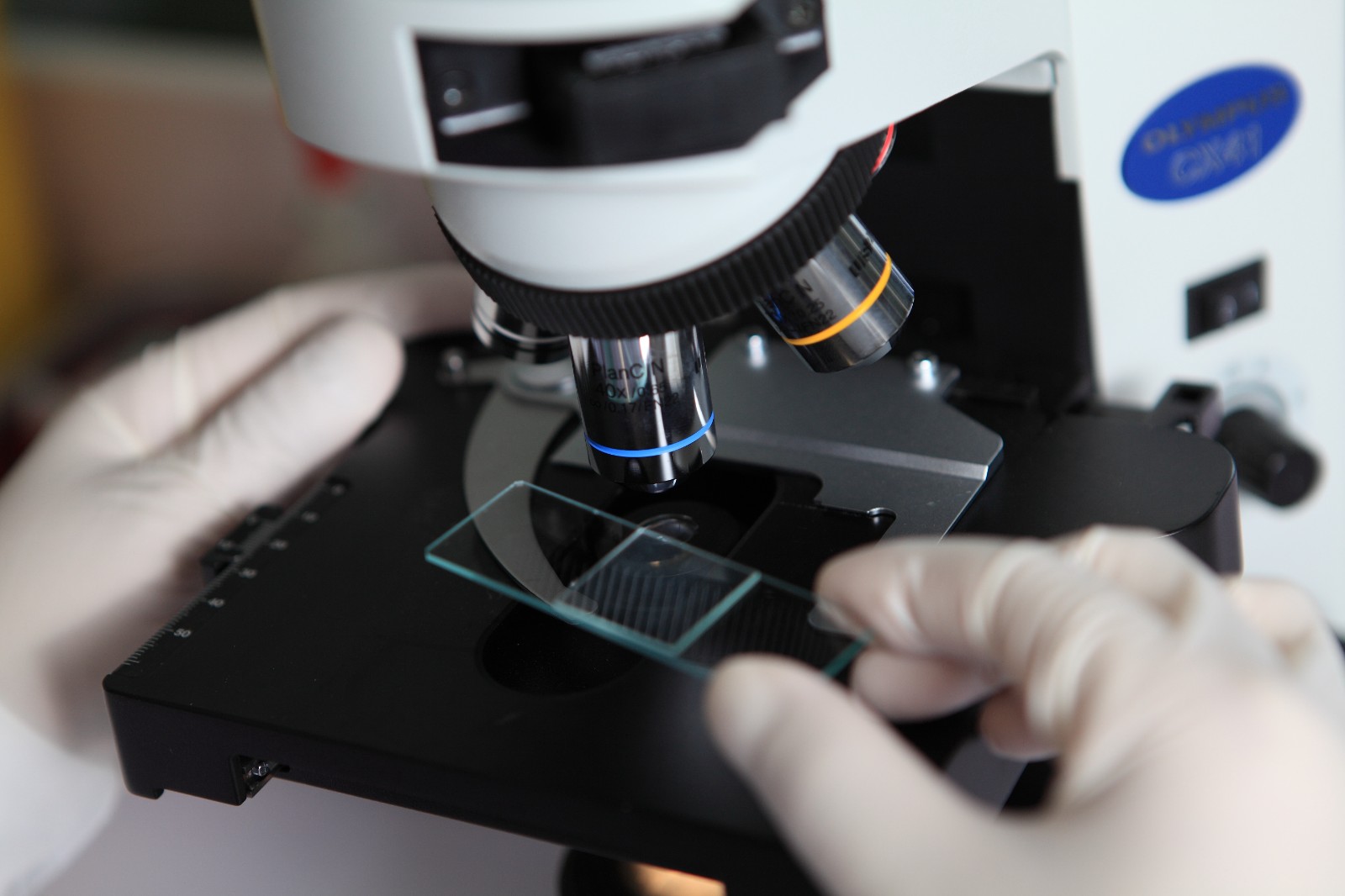The Medical Laboratory Science Department at Beijing Sanfine International Hospital stands as a pillar of diagnostic precision and excellence, reflecting our unwavering commitment to delivering high-quality healthcare services. Here's a closer look at the groundbreaking attributes that distinguish our laboratory services:
Comprehensive Diagnostic Services
Our laboratory offers a wide array of diagnostic tests covering various specialties, including hematology, biochemistry, microbiology, immunology, and molecular genetics. This extensive range ensures that physicians have access to the detailed information needed for accurate diagnosis and tailored treatment plans.
State-of-the-Art Technology
Equipped with the latest in fully-automated laboratory devices, our facility is capable of conducting complex tests with unparalleled accuracy and efficiency. Our commitment to integrating cutting-edge technology into our operations allows for rapid turnaround times, ensuring that critical diagnostic information is available to healthcare providers without unnecessary delay.
Professional and Experienced Staff
The backbone of our laboratory's success is our team of medical laboratory professionals. Each member brings a wealth of experience gained from years of service in high-standard, foreign-funded hospital laboratories. This exposure to international best practices in laboratory science enables our staff to meet and exceed the rigorous demands of high-standard diagnostic work. Their expertise is instrumental in ensuring that every test conducted in our laboratory is performed with the utmost precision and care.
Safety and Reliability
Patient safety and the reliability of test results are our utmost priorities. We adhere to strict quality control protocols and participate in external quality assessment schemes to ensure our laboratory's performance meets international standards. Our laboratory practices are designed to safeguard patient health and privacy, from the collection of specimens to the delivery of test reports.










